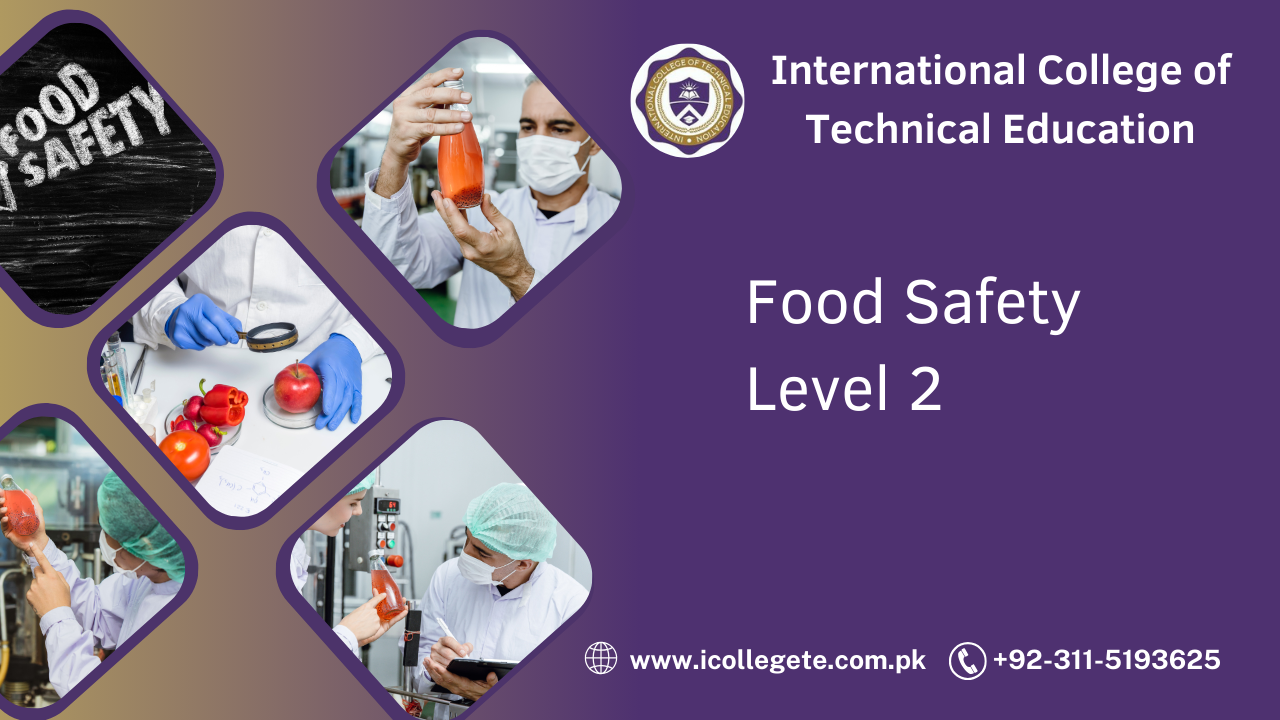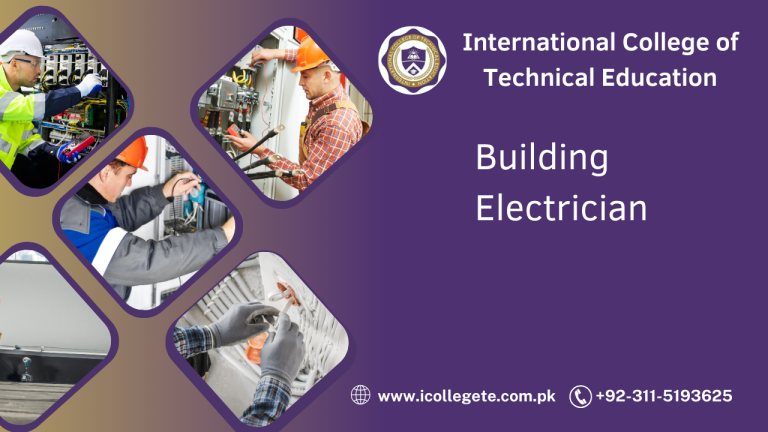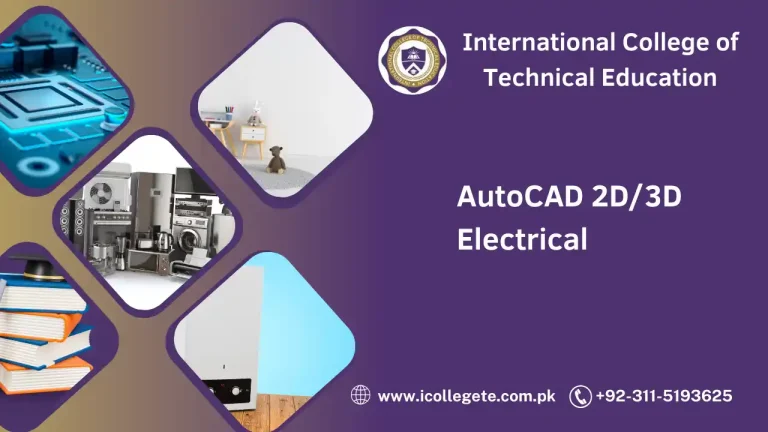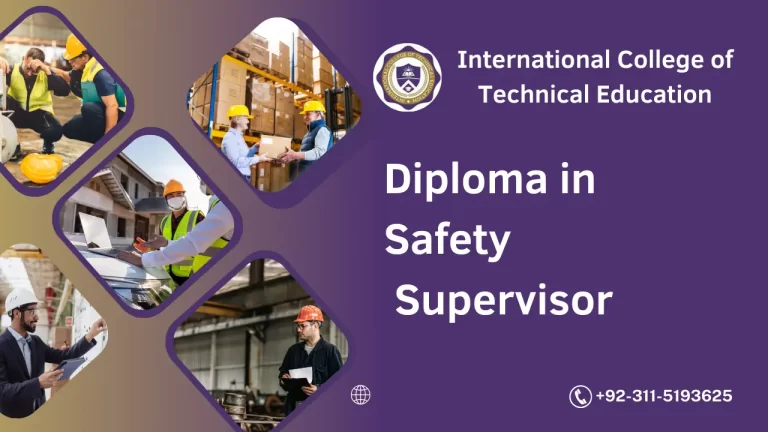Food safety is a critical concern in today’s global food industry, with strict regulations in place to ensure that food is prepared, stored, and served in safe conditions. The Food Safety Level 2 course in Sialkot is designed for individuals who are responsible for food safety and hygiene practices in their workplace, including those working in food preparation, catering, food retail, and other food-related industries.
The Food Safety Level 2 course in Sialkot is an essential certification for anyone involved in food handling and preparation. It is specifically designed to provide food handlers, supervisors, and managers with the knowledge and skills to handle food safely and maintain hygiene standards in food establishments. This course delves into more advanced food safety practices, such as understanding food contamination risks, managing food hygiene policies, and maintaining safe working conditions.
Participants in this course will learn to identify food hazards, carry out effective hygiene practices, and understand the importance of controlling food-related risks. The course also covers the legal requirements for food businesses, helping participants ensure their workplaces meet necessary food safety standards.
Course Overview
The Food Safety Level 2 course in Sialkot offers a comprehensive curriculum that focuses on preventing foodborne illnesses by teaching safe food handling and hygiene practices. This qualification covers essential topics, including the importance of personal hygiene, temperature control, cross-contamination, food storage, and maintaining a safe food environment.
Whether you are working in a restaurant, food manufacturing, catering, or any other food-related business, this course will give you the expertise to manage food safely. The course involves a combination of theoretical learning and practical application to equip participants with the necessary tools to ensure that food is handled properly at all stages – from storage to service.
Study Units
The Food Safety Level 2 course is structured into key modules, each focusing on different aspects of food safety and hygiene. These study units include:
- Introduction to Food Safety and Hygiene
- The basic principles of food safety and hygiene.
- The impact of foodborne diseases and the importance of food safety.
- Legal responsibilities related to food safety in various sectors.
- Food Contamination and Hazards
- The different types of foodborne hazards: biological, chemical, and physical.
- How contamination occurs and methods to prevent contamination.
- Identifying and handling food hazards in different environments.
- Safe Food Handling and Preparation
- Procedures for handling, preparing, and cooking food safely.
- Understanding the risks associated with improper food handling.
- Best practices for maintaining food quality and safety throughout the process.
- Temperature Control and Safe Food Storage
- Importance of keeping food at the right temperature to prevent bacterial growth.
- Methods for safely storing, refrigerating, and freezing food.
- Guidelines for safe cooking, reheating, and serving temperatures.
- Personal Hygiene and Workplace Cleanliness
- The role of personal hygiene in preventing food contamination.
- Effective handwashing techniques and use of protective clothing.
- Cleaning and sanitation protocols for kitchens, equipment, and utensils.
- Preventing Cross-Contamination
- How cross-contamination occurs and its potential risks.
- Steps to avoid cross-contamination between raw and cooked foods.
- Using color-coded equipment and maintaining proper separation of food types.
- Waste Management and Safety
- Proper waste disposal and management procedures.
- Handling food waste in accordance with hygiene regulations.
- Importance of maintaining cleanliness in food preparation and disposal areas.
Learning Outcome
Upon completing the Food Safety Level 2 course in Sialkot, participants will be able to:
- Understand the key principles of food safety and how to apply them in a food handling environment.
- Identify the different types of food hazards, including biological, chemical, and physical contamination, and learn how to minimize these risks.
- Implement safe food handling and preparation practices to reduce the chances of foodborne illnesses.
- Ensure proper temperature control when storing, cooking, and serving food, in line with food safety regulations.
- Apply good personal hygiene practices and understand their importance in preventing contamination.
- Understand the legal and regulatory requirements for food safety in the workplace and ensure compliance.
- Recognize the importance of effective cleaning and sanitation, ensuring food environments are kept clean and safe.
Course Benefits
- Enhanced Food Safety Knowledge: This course builds on foundational food safety knowledge, helping participants understand the complexities of managing food safety in a more detailed way.
- Legal Compliance: Completing this course ensures that food businesses comply with local health and safety regulations, reducing the risk of fines, penalties, or closure due to non-compliance.
- Risk Reduction: Participants will learn to identify and control food safety risks, preventing contamination and ensuring the health and safety of customers.
- Career Advancement: The Food Safety Level 2 certificate enhances your qualifications and increases your employability, particularly in food-related industries such as hospitality, catering, and food manufacturing.
- Global Recognition: This qualification is internationally recognized, making it valuable if you wish to pursue a career in food safety management or food handling anywhere in the world.
- Prevention of Foodborne Illnesses: By learning how to handle food safely, participants will play a critical role in preventing foodborne diseases, protecting consumers, and enhancing the reputation of their workplace.
Who is This Course For?
The Food Safety Level 2 course in Sialkot is designed for anyone working in food preparation, service, and retail who wants to deepen their understanding of food safety practices. This includes:
- Food Handlers: Those directly involved in preparing, cooking, serving, or storing food in restaurants, cafes, hotels, and catering services.
- Supervisors and Managers: Those in leadership positions who oversee food safety practices within their team or establishment.
- Catering Professionals: Individuals working in the catering industry who handle food preparation and service.
- Retail Food Workers: Employees in supermarkets, food stores, and other retail environments where food handling and storage are key components of the job.
- Hospitality Industry Employees: Those working in the hospitality sector who are responsible for food safety and hygiene in hotels, restaurants, and resorts.
- Health and Safety Managers: Professionals working in health and safety roles within food-related industries.
Future Progression for This Course
After completing the Food Safety Level 2 course, participants can pursue further education and certifications to advance their careers in the food safety and hygiene field. Potential future progression includes:
- Food Safety Level 3: A more advanced course for supervisors and managers in the food industry. The Level 3 course delves deeper into food safety management systems and strategies for ensuring compliance with food safety laws.
- HACCP Certification: After gaining experience, individuals can move into specialized food safety areas, such as the Hazard Analysis and Critical Control Points (HACCP) certification, which focuses on identifying and controlling risks in the food production process.
- Food Safety Auditing: With further training and experience, individuals can become food safety auditors, inspecting businesses to ensure they meet regulatory standards for food safety.
- Health and Safety Officer: With additional training in workplace health and safety, participants can move into broader health and safety roles, overseeing safety regulations across industries, including food safety.
- Certified Professional in Food Safety (CPFS): For those looking to establish themselves as experts in food safety, certification as a Certified Professional in Food Safety can be an important credential.
- Food Safety Consultancy: For those with advanced qualifications and experience, becoming a food safety consultant is a great way to help businesses improve their safety protocols and maintain compliance with industry regulations.
The Food Safety Level 2 course in Sialkot is an essential qualification for anyone working with food who wants to understand the critical role of food safety and hygiene. By providing a deeper understanding of food hazards, contamination prevention, temperature control, and legal requirements, this course equips participants with the skills to manage food safely, protect consumers, and meet industry standards. Whether you’re looking to further your career in the food industry or ensure compliance with food safety regulations, this course is a vital step towards achieving your goals in the food safety field.







